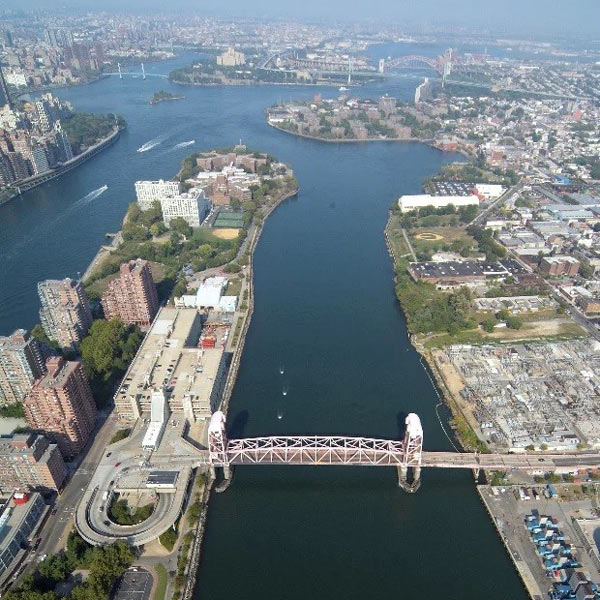By Rich Heidorn Jr.
With two commissioners calling for additional action to protect consumers, FERC this week issued a final rule requiring natural gas pipelines to reflect the federal corporate income tax cut in their rates (RM18-11).
The July 18 order largely follows the commission’s Notice of Proposed Rulemaking in March, prompted by the Tax Cuts and Jobs Act, which reduced the federal corporate income rate to a flat 21%. (See FERC Orders Rate Revisions to Reflect New Tax Law.)
The NOPR would have required interstate pipelines to file a one-time report (FERC Form 501-G) to estimate the company’s return on equity before and after the tax cut took effect Jan. 1.
The final rule makes changes to the proposed form, including eliminating accumulated deferred income tax (ADIT) from the cost of service for pipelines that do not pay taxes — consistent with a separate order on rehearing of its revised policy statement on income taxes, also issued Wednesday (PL17-1-001).
The rule gives a pipeline several options for addressing changes to its revenue requirements, including making a filing under Section 4 of the Natural Gas Act to reduce its rates. Companies that do so will be granted a three-year moratorium on NGA Section 5 rate investigations if the pipeline’s Form 501-G shows an ROE of 12% or less.
Pipelines also can file either a prepackaged uncontested rate settlement or a general NGA Section 4 rate case. The commission said it will not initiate Section 5 rate investigations for pipelines that choose this option by Dec. 31.
The rule will take effect 45 days after publication in the Federal Register.
Call for Congressional Action
Democratic Commissioners Cheryl LaFleur and Richard Glick issued a joint concurrence calling on Congress to amend NGA Section 5 to provide the commission with refund authority like that for electric rates under the Federal Power Act.
“We believe that current law provides a perverse incentive for protracted litigation and creates an asymmetry of leverage between pipelines seeking a rate increase under Section 4 of the NGA and complainants or the commission under Section 5,” they wrote.
“We believe that our lack of refund authority affected the balance the commission was able to strike in today’s order. It is a clear tenet of cost-of-service ratemaking that tax savings should flow through to ratepayers, and the commission is rightly pursuing that goal in the final rule. However, because our Section 5 ‘stick’ under the NGA cannot effectively deliver timely relief to customers, the final rule proffers a series of ‘carrots’ in the hope that pipelines will exercise their Section 4 filing rights to quickly flow those tax benefits back to their customers. While we think the balance struck in the final rule is reasonable in light of our limited refund authority, we believe that the commission would be better equipped to protect customers if the law were amended.”
Dissents on Certificates
On Thursday, LaFleur and Glick also continued their campaign to force the commission to assess pipeline projects’ impact on greenhouse gas emissions. (See Dem Dissents Show FERC Divide on Carbon.)
Glick dissented on four gas pipeline certificate orders (Columbia Gas Transmission, CP17-80; Texas Eastern Transmission, CP18-10; Northwest Pipeline, CP17-441; and Millennium Pipeline, CP16-486-001).
LaFleur also cited the lack of GHG considerations in concurring opinions on three of the orders and indicated she would issue a partial dissent later on Millennium Pipeline.
GHG emissions are also certain to be a point of contention as the commission reconsiders its 1999 policy statement on pipeline certificates (PL18-1). Comments on the Notice of Inquiry are due Wednesday. (See FERC Outlines Gas Pipeline Rule Review.)






